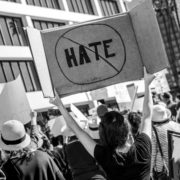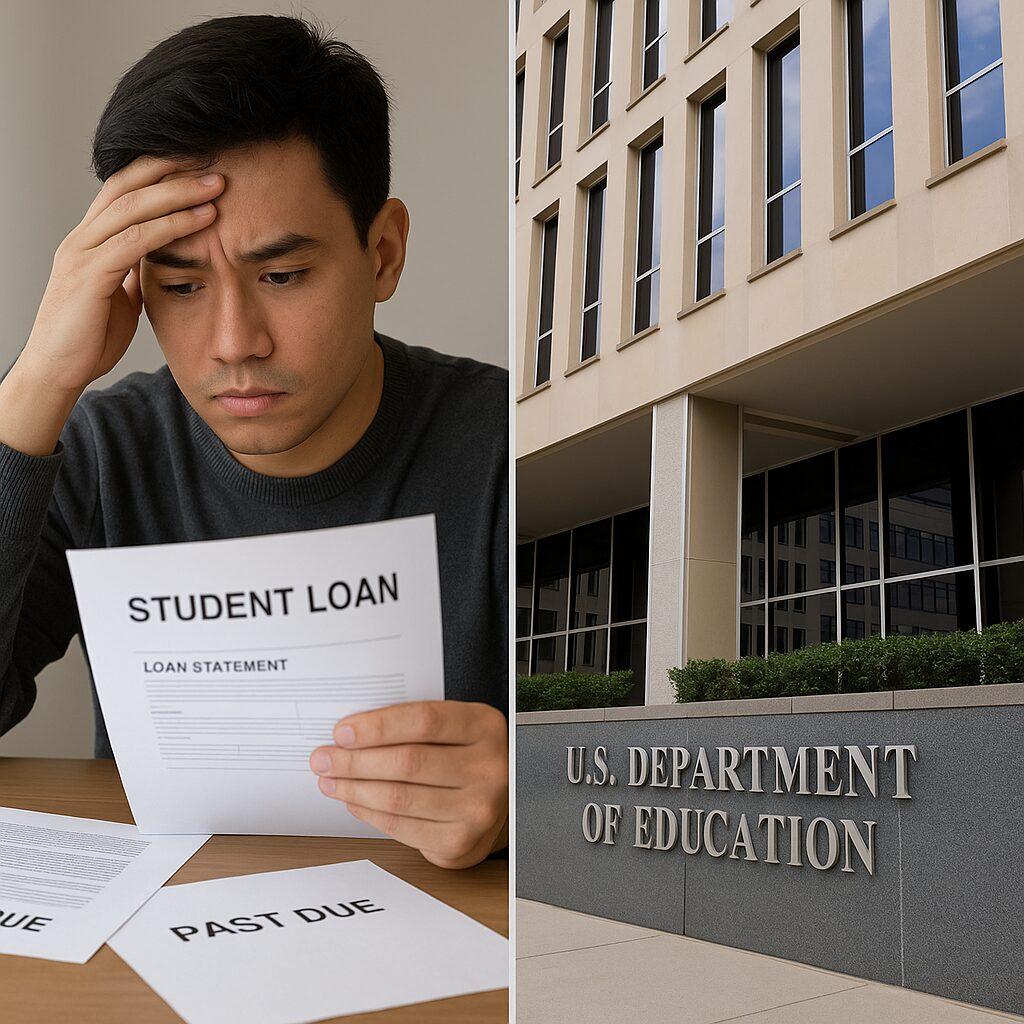Over 1,000 incidents of hate reported in LA and OC
As hate crimes, harassment and other forms of bigotry against the Asian American community are on the rise due to the ballooning coronavirus pandemic, lawmakers, advocacy organizations and government agencies are working toward tangible solutions to support victims and prevent attacks.
During a recent town hall meeting on Facebook Live, U.S. Rep. Gil Cisneros (D-39th District) invited fellow U.S. Rep. Judy Chu (D-27th District) and various Los Angeles and Orange County-based community and government leaders to share stories of the anti-Asian bigotry unfolding across the Southland, which is home to one of the largest Asian communities in the country.
To understand the scope of the situation, Chu shared the efforts of the Congressional Asian Pacific American Caucus (CAPAC), of which she is the chairwoman, to encourage other members of Congress to stop the use of the “China virus” misnomer and to only spread accurate information about the virus.
“One of the first things we knew we had to do was to educate our own colleagues in the House and the Senate because I felt that they were not aware of how extensive the [anti-Asian] hate crimes and incidents have gotten,” Chu shared in the Facebook Live town hall on Monday, April 27.
As previously reported in the Asian Journal, Chu praised the joint resolutions introduced by Asian American Sens. Kamala Harris (D-CA), Tammy Duckworth (D-IL) and Mazie Hirono (D-HO) and Rep. Grace Meng (D-NY), denouncing the anti-Asian sentiment quickly percolating across the country and the rise in hate crimes against the Asian community, as detailed in an intelligence report from the FBI.
In the town hall, Cisneros invited two constituents of the 39th District who’ve been victims of hate incidents during the COVID-19 outbreak. In the diverse district that stretches from Fullerton and Buena Park to La Habra and Chino Hills, 29% of its constituents are Asian.
Chu also shared two bills that are currently being authored to combat anti-Asian hate. HR 3545, the No Hate Act was introduced by U.S. Rep. Don Beyer (D-VA), which Chu said would “correct deficiency in the FBI hate crime reporting which is very flawed because there’s no incentive for states to actually submit credible hate crime reports.”
That bill would also establish grants for state-run hate crime hotlines and to help law enforcement impose community service and other programs for those convicted of a hate crime.
The second bill, HR 6577, was introduced by Filipino American U.S. Rep T.J. Cox (D-21st District of CA) and, if passed, would direct the Department of Health and Human Services to “carry out a national awareness campaign to increase factual awareness and knowledge of COVID-19” which would include “countering anti-Asian stigma related to the virus,” Chu said.
The usage of the names “China virus” and “Wuhan virus” has been widely condemned by both public health officials and Asian American advocacy groups because it perpetuates blame toward the Chinese community (and, by association, the greater Asian community).
Executive Director of the civil rights and legal organization Asian Americans Advancing Justice – LA Stewart Kwoh shared that the uptick of anti-Asian bigotry will likely continue due to the mounting U.S. cases and deaths associated with the virus.
Introducing a three-pronged approach to the situation: fight the racism through community-led campaigns, uplift the role of Asian American frontliners and to learn from Asian countries that have successfully mitigated the diseases spread in their societies.
Kwoh noted the importance of a solidarity campaign and to garner as much support from local leaders to combat the rise in hate incidents against Asians and Asian Americans.
The Asian Pacific Policy and Planning Council (A3PCON), a coalition of local community organizations that advocates for the Asian and Pacific Islander (AAPI) community, has been on the front lines of combating anti-Asian hate since the virus’s arrival to the U.S.
A3PCON has worked with various human rights commissions and local leaders to help understand the full scope of the anti-Asian hate incidents and crimes propping up. It also launched Stop AAPI Hate, a website where people can report microaggressions, bullying, harassment and hate speech or violence.
Since it went live on March 19, the tracker has compiled more than 1,500 incidents that occurred across 45 states.
Manjusha Kulkarni, the executive director of A3PCON, said in the town hall that the incidents involve a variety of incidents including verbal harassment (which comprises of two-thirds of all the incidents reported), workplace discrimination, refusal of service in businesses and physical assault.
Additionally, Kulkarni noted that 44% of the incidents are taking place at businesses like grocery stores and pharmacies and 9% of the victims were elderly individuals.
“We know that this has got to be a concerted effort of all of our organizations if we’re going to get through this together as a greater community,” Kulkarni said. (Klarize Medenilla/AJPress)







